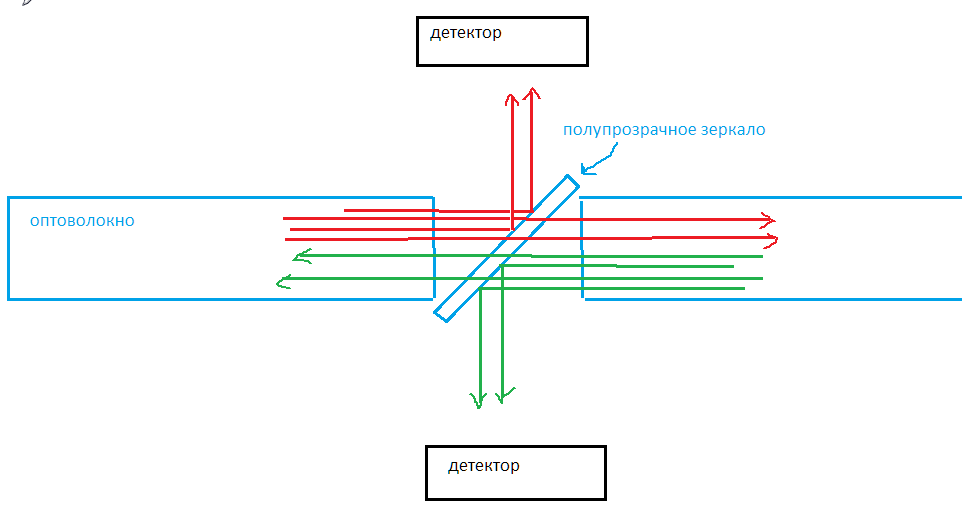Answer the question
In order to leave comments, you need to log in
Is it possible technically (not programmatically) to distinguish incoming traffic from outgoing?
When a car goes from point A to point B, the direction of movement is easy to follow (not strictly - along the nose of the car, strictly mathematically - along ∆x at t≠0). If the car is at point B, it is definitely not at point A and vice versa.
But when there is an Internet signal, due to the extremely high speed and relatively short distances, it is simultaneously at point A and at point B. It does not move along the wire (and other media) like a car on a segment. Correct me if wrong.
Then the question arises, having access to the equipment at point B, is it possible to determine (non-programmatically, i.e. without analyzing tcp / ip) is the signal on the wire incoming or outgoing traffic? Is it technically possible?
Answer the question
In order to leave comments, you need to log in
Artem , Wexter , CityCat4 - all of you are nitpicking the question in vain. It's not well articulated, but it makes perfect sense. Of course, the question is not about traffic, but about the direction of signal propagation - but the meaning is clear, and the first commentators fully revealed it.
Max8k - Your main mistake is that you misjudge the speed of light. At present, it is not so big, signal propagation delays are relevant even on motherboards and even inside microcircuits. And in networks - they were relevant from the very beginning, in Ethernet the maximum size of the collision domain (four hundred meters of cable connected by hubs) corresponds to 32 bytes (half the minimum allowable packet size).
He is at both point A and point B at the same time.
in the "Internet wire" there are two pairs of wires through which signals go, one pair in one direction, the other in the other.
in most cases, the direction of transmission can be determined simply by measuring the voltage in each pair. near the transmitter, the signal will have a much larger amplitude (the difference depends on the length of the cable and the power of the transmitters on both sides) this will be the outgoing signal.
but errors are possible under certain conditions. for 100% accuracy, you will need to crash into a couple.
something like this
Okay, google.
What is the ISO/OSI physical layer?
...and all stupid questions disappear by themselves...

With ethernet it's even easier, there are different pairs of wires for input and output.
In DOCSIS (on coax) - different frequencies.
In any case, the speed of light in the medium is not infinite, and it is possible to physically measure in which direction the wave front passes.
is it possible to determine (non-programmatically, i.e. without analyzing tcp / ip) is the signal on the wire incoming or outgoing traffic? Is it technically possible?
technically the lights are flashing. stand with a stopwatch and measure.
Didn't find what you were looking for?
Ask your questionAsk a Question
731 491 924 answers to any question